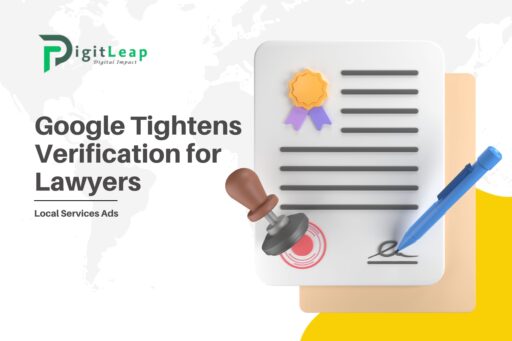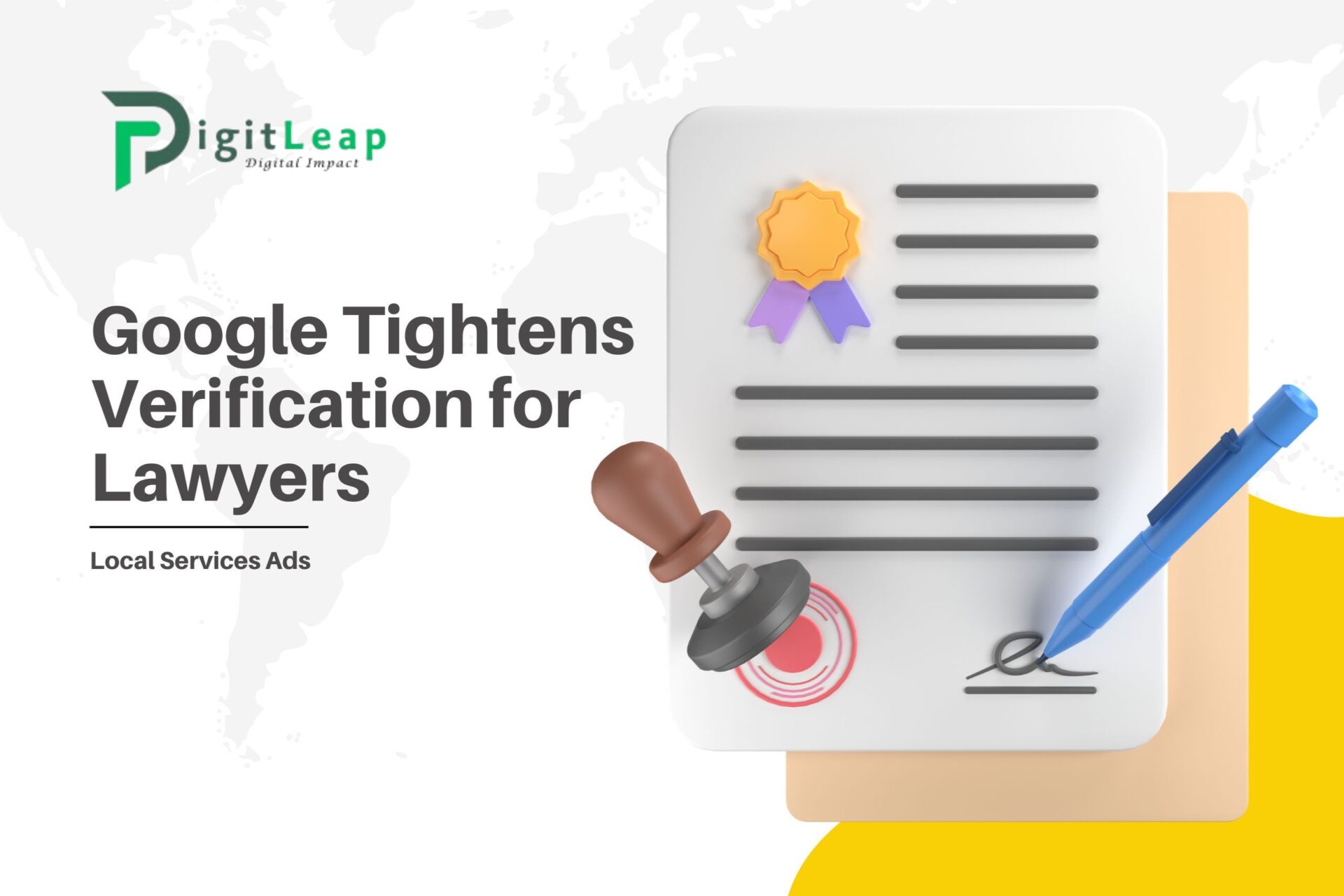Google Tightens Verification for Lawyers in Local Services Ads
Google is tightening its verification process for lawyers using Local Services Ads (LSAs), a move aimed at increasing trust and ensuring that only legitimate legal professionals can advertise their services through the platform. For law firms and solo practitioners, Local Services Ads are a great way to reach potential clients, as they show up at the top of Google search results and allow users to connect directly with legal experts. However, with tighter verification standards, it’s important to understand how this change might affect your practice.
In this article, we’ll take a closer look at what Local Services Ads are, why Google has made this change, and how law firms can navigate the new verification process to continue benefiting from these ads.
What Are Local Services Ads?
Local Services Ads are a type of pay-per-lead advertising format designed to help businesses—such as plumbers, electricians, and lawyers—connect with potential customers in their local area. Unlike traditional Google Ads, LSAs allow users to contact a business directly by calling or messaging them through the ad, making it an ideal option for service-based industries.
For lawyers, LSAs can be particularly valuable. These ads allow attorneys to appear at the very top of local search results, often above organic listings and traditional paid search ads. Users can see reviews, ratings, and the contact information of the law firm, making it easy for them to find and hire legal representation.
Why Has Google Tightened Verification for Lawyers?
Google’s decision to tighten verification for lawyers in Local Services Ads is primarily driven by the need to maintain trust in the legal services space. Legal issues can be sensitive and complex, and people seeking lawyers need to feel confident that they are working with qualified professionals. Unfortunately, the platform had seen some instances of misinformation, such as non-lawyers or unverified practitioners advertising themselves, which eroded trust.
By enhancing the verification process, Google is ensuring that only properly licensed and legitimate lawyers can use Local Services Ads. This change benefits both legal professionals, by protecting their reputation, and clients, who can feel safer knowing they are hiring qualified experts.
How the New Verification Process Works
The updated verification process for lawyers requires more detailed checks and documentation compared to other service-based industries. Here’s a step-by-step breakdown of what law firms need to do to get verified:
1. License Verification
Google will now require all lawyers and law firms to submit proof of their legal qualifications. This includes submitting an active law license for each attorney that will be featured in the ad. Google works with third-party verification partners, such as Local Services Ads Background Check, to confirm the validity of these licenses.
It’s important to ensure that your law license is up-to-date and in good standing. If your license is expired or has any unresolved issues, your application for Local Services Ads could be rejected.
2. Background Checks
In addition to verifying licenses, Google will also conduct background checks on both the firm and individual lawyers. This helps confirm that the firm and its attorneys have a clean record and no history of fraud or malpractice. Law firms may need to provide documentation or authorize third-party background checks as part of this process.
While this extra layer of security may feel like a hassle, it helps ensure that only trustworthy, professional firms are featured in search results.
3. Professional Liability Insurance
Another requirement of the new verification process is providing proof of professional liability insurance. This type of insurance, often referred to as legal malpractice insurance, protects clients in case of errors or negligence by their lawyer. Google wants to ensure that all lawyers advertising on the platform have the necessary protections in place to cover potential claims from their clients.
Firms should have their insurance documents ready to submit as part of the verification process.
4. Identity and Business Information Verification
Along with legal credentials, Google will verify the identity of the law firm and its business details. This includes submitting business registration information, such as your firm’s name, address, and contact details, and making sure it matches publicly available information. If any discrepancies are found, it could delay the verification process.
5. Client Reviews and Ratings
While not directly part of the verification process, client reviews and ratings play a significant role in how effective your Local Services Ad will be. Law firms with higher ratings are more likely to be shown to users searching for legal services in their area. Google also encourages verified law firms to collect genuine reviews from clients, as this boosts trust and helps increase the chances of attracting leads.
How This Impacts Law Firms
For law firms already using Local Services Ads, these new verification steps might add some additional administrative work. However, the extra effort is worth it. By meeting Google’s new standards, you position your firm as credible, trustworthy, and professional. Clients will feel more confident contacting you knowing that you’ve passed these verification checks.
On the other hand, if your firm hasn’t yet tried Local Services Ads, now is a good time to consider it. The stricter verification process means less competition from unverified or non-legitimate sources, which could help your law firm stand out more easily in local searches.
Tips for Navigating the New Verification Process
To ensure you don’t run into any issues with Google’s updated verification process, follow these tips:
- Gather all required documents in advance: Make sure your law licenses, insurance paperwork, and business registration details are up to date and ready to submit.
- Be transparent: Provide accurate information during the verification process. Any inconsistencies could lead to delays or rejections.
- Encourage positive reviews: Ask satisfied clients to leave reviews on your Google Business Profile. These reviews will help improve your ratings, making your Local Services Ad more effective.
- Monitor your application: Stay on top of any communications from Google or their verification partners. If they need additional documentation, respond promptly to avoid delays in the approval process.
Conclusion
Google’s tightening of verification for lawyers in Local Services Ads is a positive step toward improving trust and ensuring only qualified professionals are showcased. By following the updated requirements, law firms can continue to benefit from the visibility and lead generation that Local Services Ads provide.
If you’re a law firm looking to navigate these new changes or need help managing your Local Services Ads campaigns, DigitLeap is here to guide you every step of the way. We specialize in optimizing digital marketing strategies and can help you leverage Google’s platform to its full potential. Let us help you leap ahead in the digital world!






